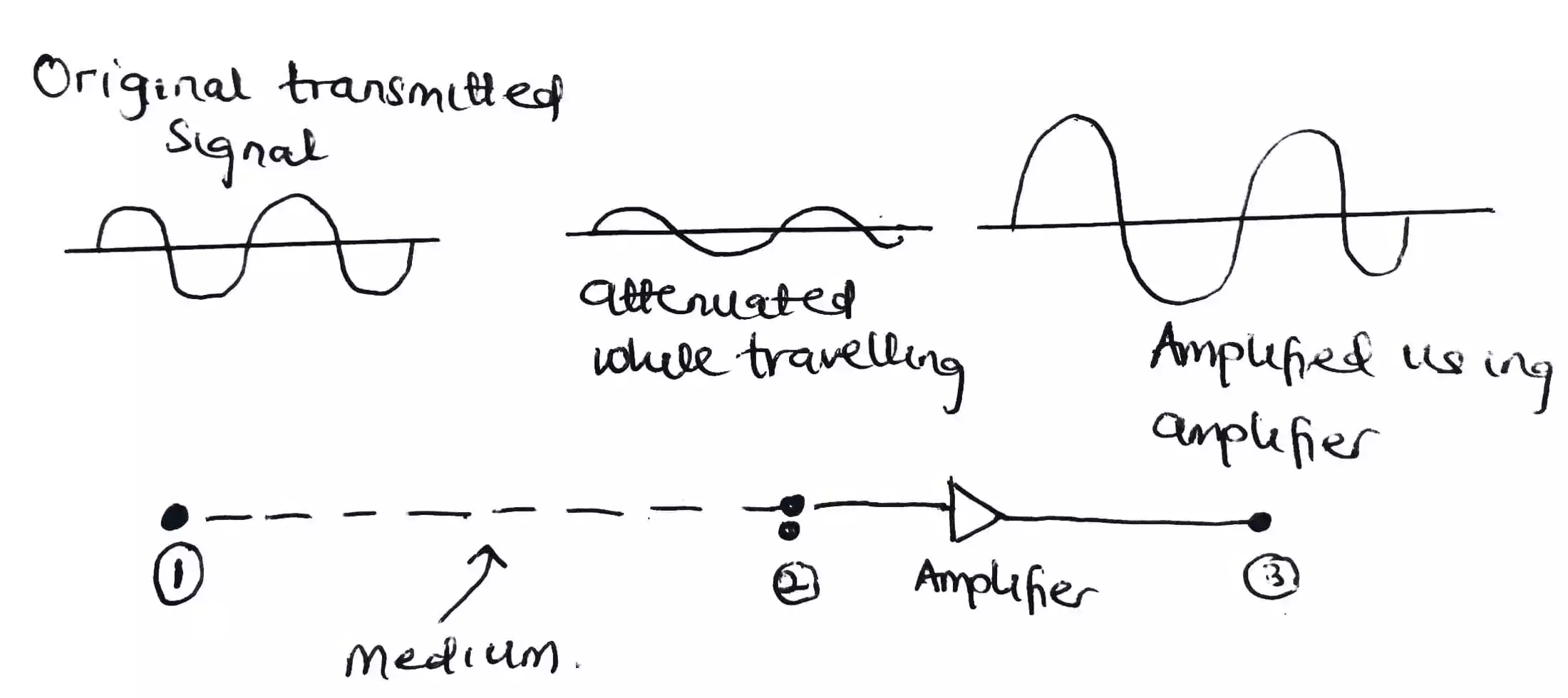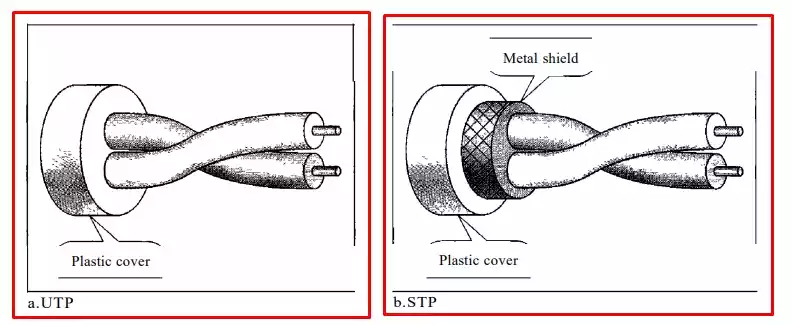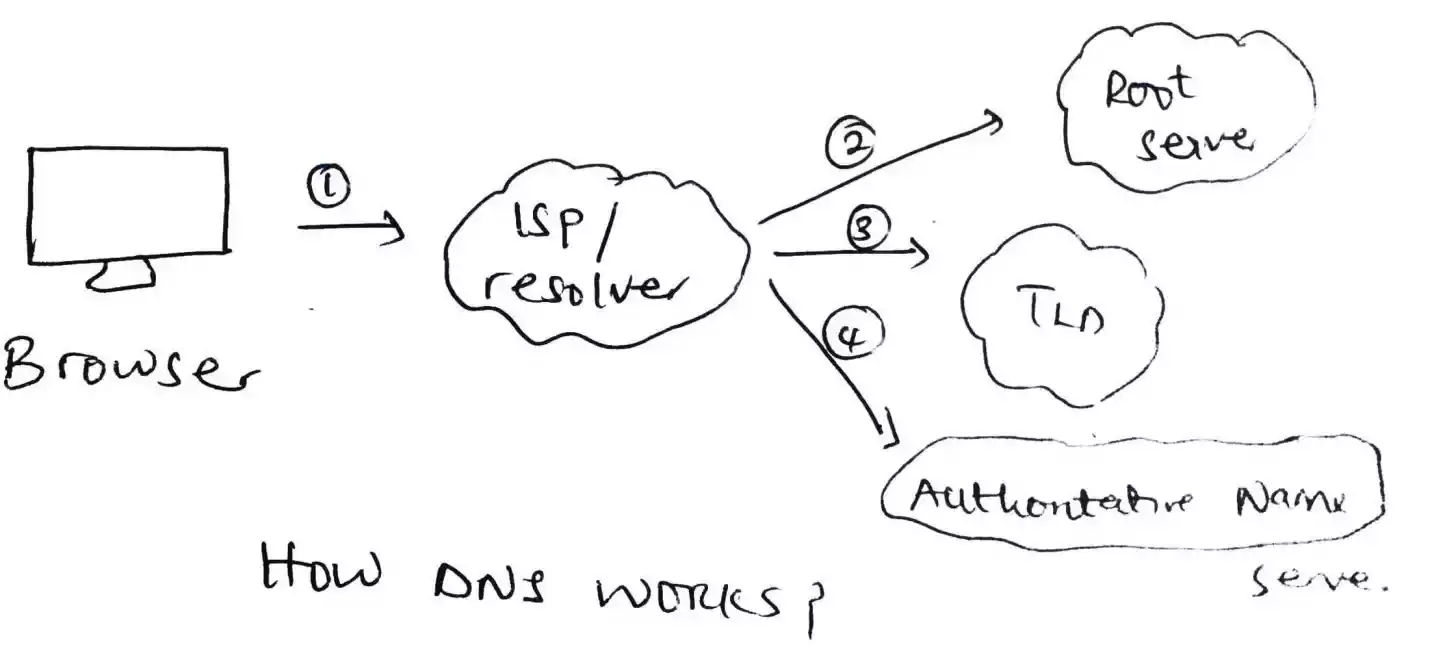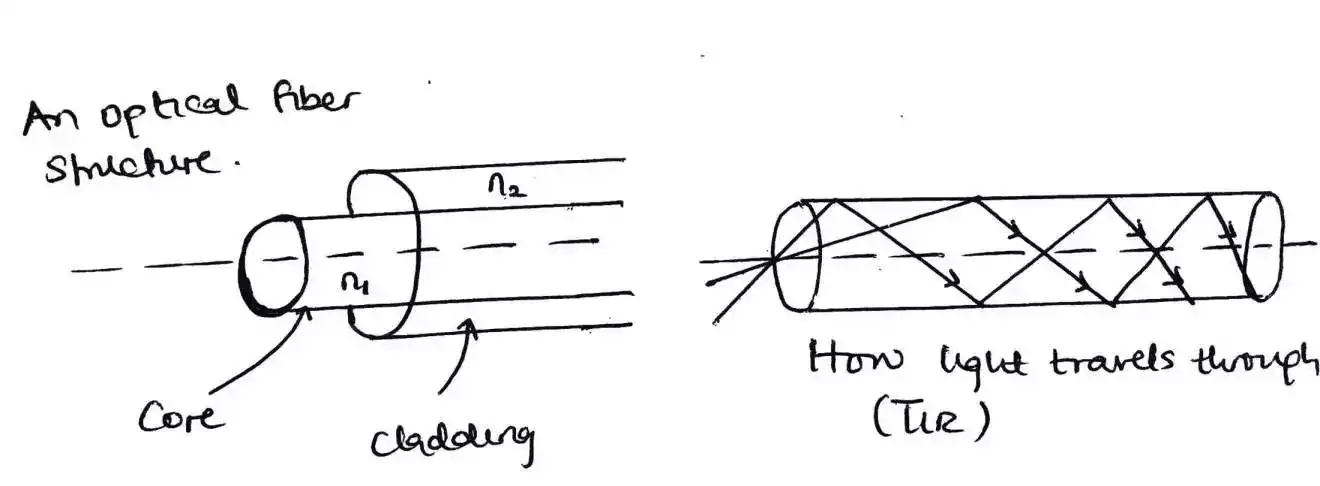11+ Networking Tools and Their Uses
💡 Key Takeaways
Networking technicians and engineers use a variety of tools to install, maintain, and troubleshoot computer networks. These tools include:
- Crimpers for connecting cables,
- Punch-down tools for terminating cables in panels,
- Strippers and cutters for preparing cables,
- Testers for checking cable functionality, and various other tools for diagnosing and repairing network problems.
While installing, maintaining, and troubleshooting computer networks, technicians or network engineers need the right networking gear tools.
Each one of the tools serves a particular purpose in the networking process and comes in a variety of shapes and sizes, including handheld gadgets, power tools, and larger equipment.
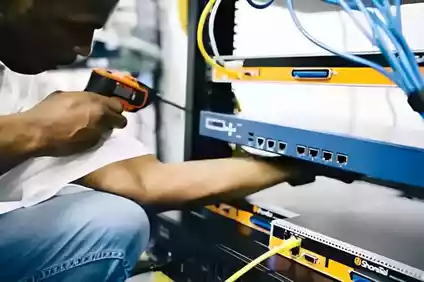
Table of Contents
Lists of Networking Tools and Their Uses
Let us now look at the networking tools technicians or engineers use, to carry out the installation, maintenance and the troubleshooting of a computer network.
1. Cable Crimper
A cable crimper, also called a wire crimper, is a hand-held tool used to join two or more Ethernet cables or wires together by crimping a metal connector onto the ends of the wires.
It is mostly used to terminate Ethernet cables with RJ45 connectors.
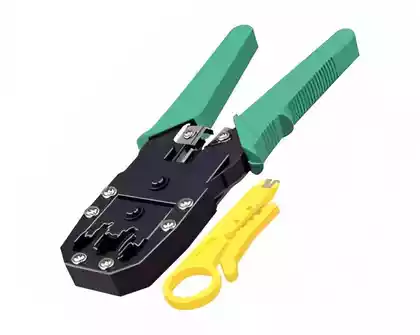
Some cable crimpers also have a built-in wire stripper, which allows you to strip the insulation from the wire before crimping the connector onto the end.
💡
Crimping an ethernet cable involves inserting wires into an RJ-45 connector, placing it in the crimper, and squeezing the handles. This secures the wires and transmits data effectively.
2. Punch-Down Tool
A punch-down tool, also known as Krone tool, is a networking tool used to punch wires into a connection block, keystone jack, or patch panel.
It is commonly used in network cabling installations, particularly for terminating twisted-pair cables, such as Category 5e or Category 6 Ethernet cables.
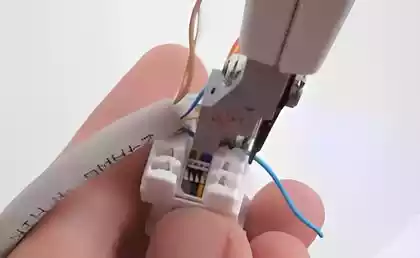
There are two types of punch down tool, regular and impact type.
The most common type, which is impact punch down type, uses a spring mechanism to push wires in and trim excess. It also makes terminating wires faster and easier, especially when you’re doing a lot of connections.
But a regular punch down type need hand pressure to insert wires.
3. Cable Stripper
A cable stripper, also known as a wire stripper, is a hand-held networking tool used to remove the outer insulation layer from an electrical wire or cable without damaging the inner conductor.
Apart from stripping insulators, it can also be used for cutting wires with its built-in blade.
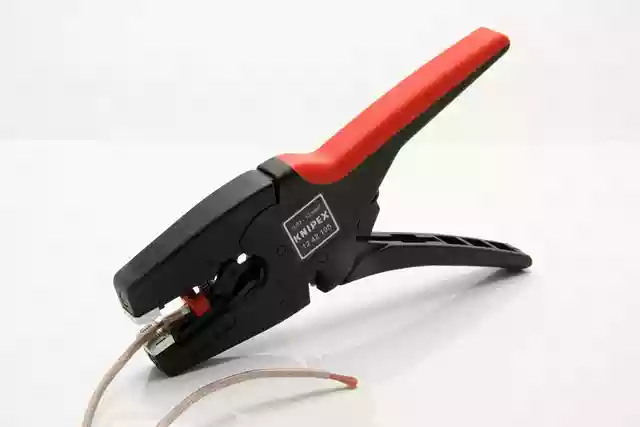
4. Wire Cutter
A wire cutter is a networking tool used to cut network cables to the required length. Wire cutters are designed with sharp blades that are able to cleanly cut through the wire or cable without causing any damage to the conductor or insulation.
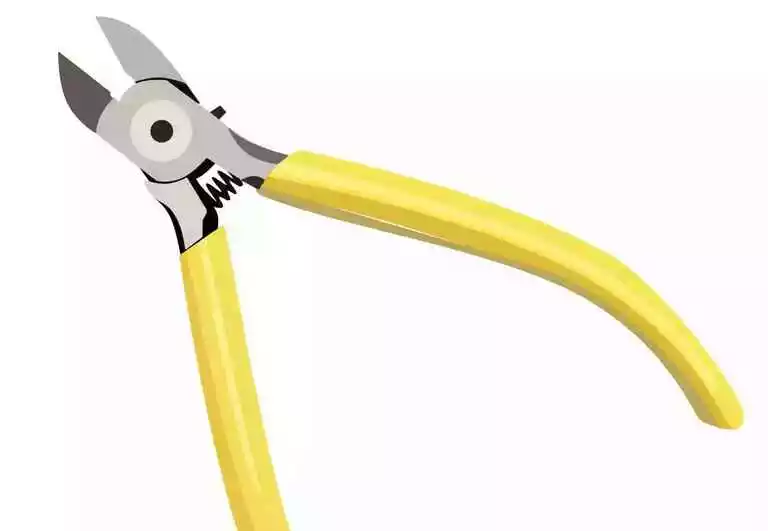
5. Multimeter
A multimeter is a versatile networking tool that is used to measure a variety of electrical parameters such as voltage, current, resistance, and to also test for continuity.
In networking, it is used for testing power supplies, i.e., to measure the voltage output of power supplies in networking equipment such as routers, switches, and access points.
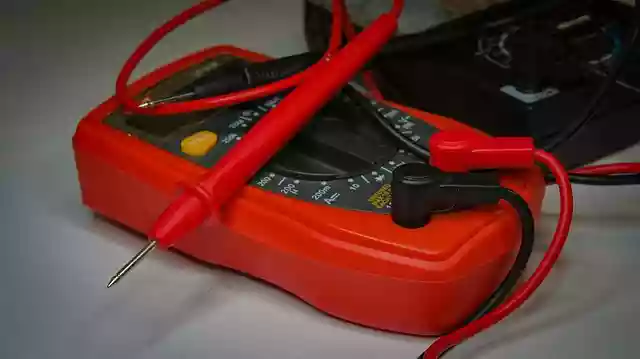
It can also be used for testing continuity in network cables and to measure the resistance of network components such as resistors, which can help diagnose problems with the network.
6. Tone Generator
A tone generator is a networking device used to identify and trace the path of a network cable. It works by sending a signal down the cable and producing a tone at the other end of the cable, which can be detected using a probe.
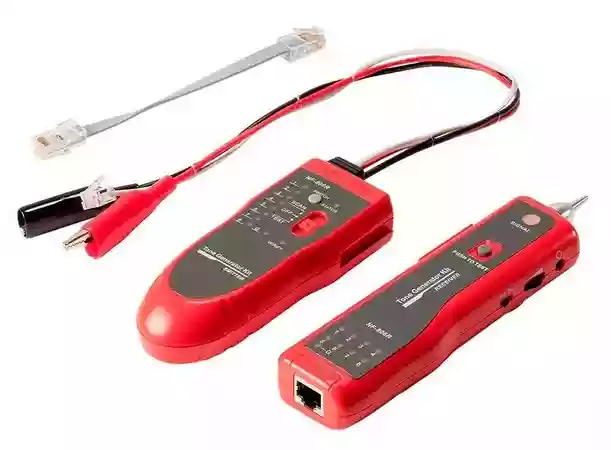
7. Cable Tester
A cable tester is a networking tool used to test the continuity and functionality of network cables. It helps identify any miswires, opens, shorts, or crossed wires that can affect network performance.
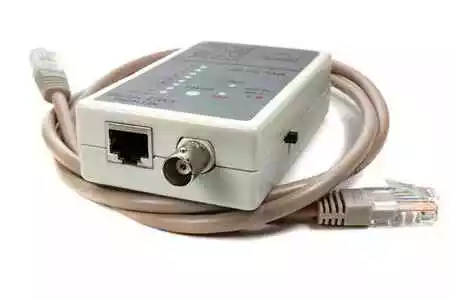
8. Loopback Adapter
A loopback adapter, also known as a loopback plug, is a small networking tool used to test the functionality of a network interface card (NIC) or other network device.
It is essentially a short cable with a connector at each end, which is plugged into the network port of a device to create a loop back.
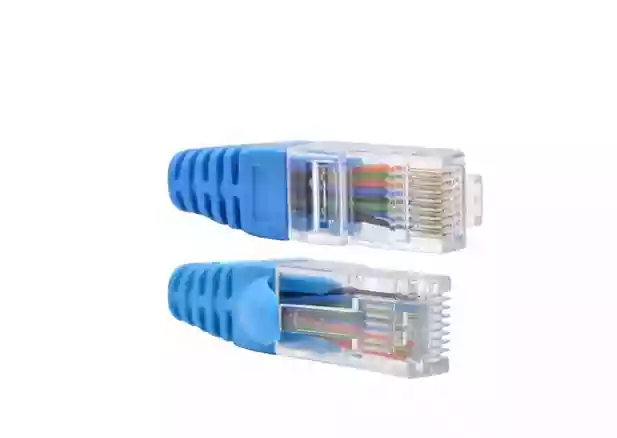
9. Time Domain Reflectometer (TDR)
A Time Domain Reflectometer (TDR) is a hardware device used in networking to diagnose and pinpoint problems in copper cables such twisted pair, coaxial, and flat ribbon cables.
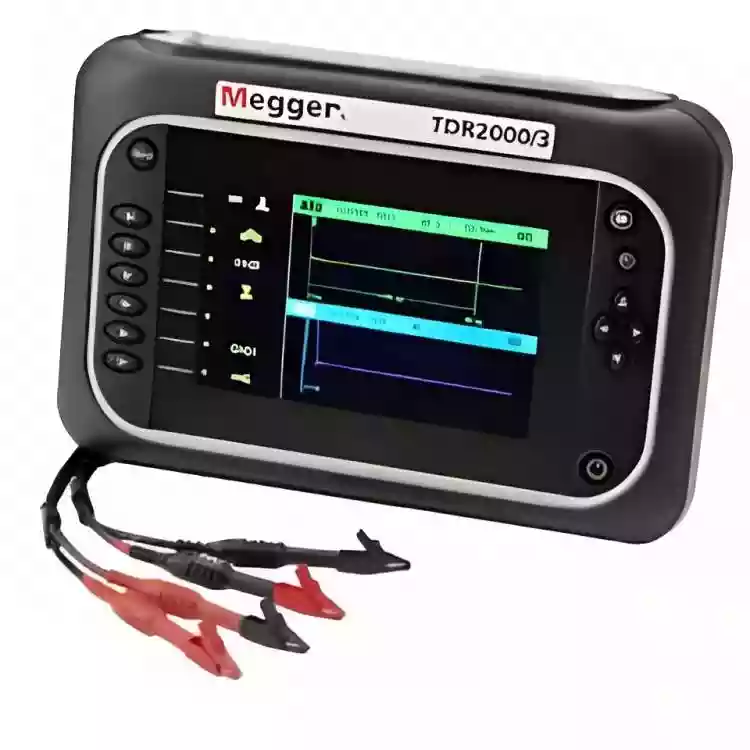
The TDR sends a signal through the cable and measures the time it takes for the signal to be reflected, allowing it to determine the distance to the fault in the cable.
10. Heat Gun for Shrink Tubing
A heat gun is a handheld tool that is commonly used in various applications, including networking. In networking, heat guns are primarily used for heat-shrink tubing applications.
Another advantage of a heat gun is for drying and curing adhesives, coatings, and other materials used in networking.
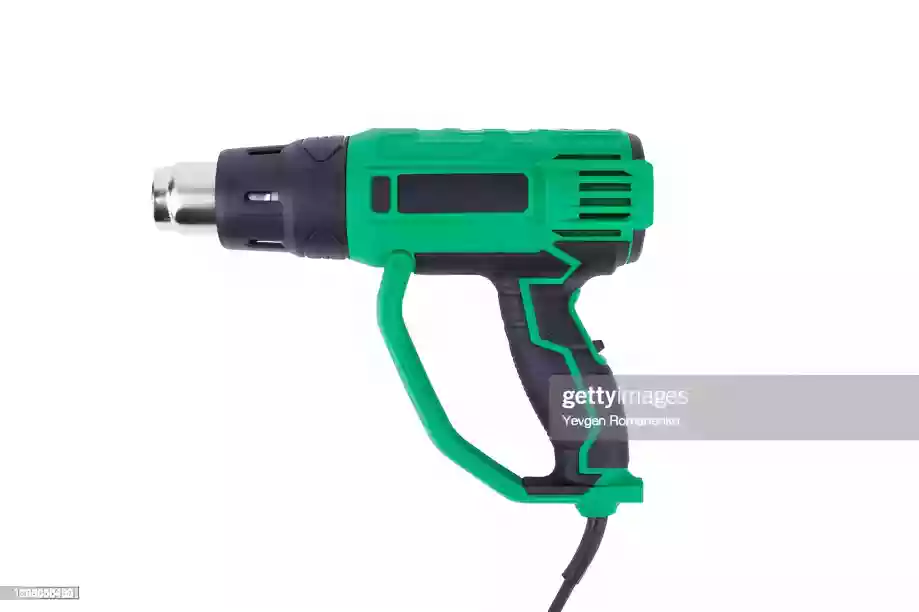
11. Screwdriver Set
A screwdriver set is a collection of screwdrivers in various sizes and shapes that are used to loosen or tighten screws. It is an essential tool for anyone working with electronics, computers, or other devices that have screws.
In networking, it is mostly used to open and repair network devices.
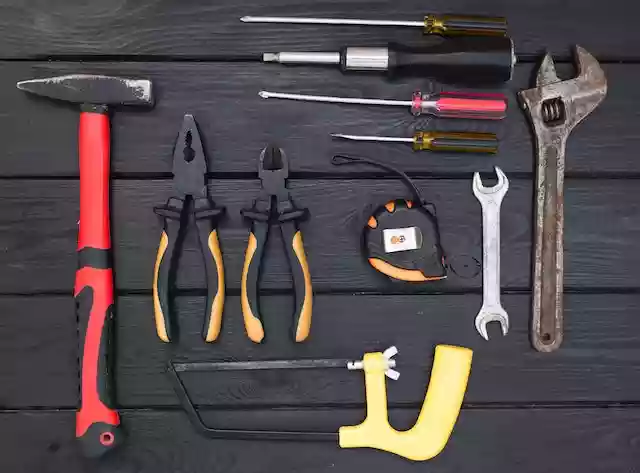
12. Cable Tie
A cable tie, also known as a zip tie or tie-wrap, is a type of fastener used to secure and organize wires, cables, and other components in a network installation.
It consists of a flexible nylon strap with teeth on one end and a ratchet-like mechanism on the other end.
Cable ties are commonly used in networking installations to keep cables and wires neatly organized and to prevent them from becoming tangled or damaged.
They are also used in a variety of other industries and applications, such as in automotive and aerospace manufacturing, packaging, and home improvement projects.
13. Scissors
Scissors can be a useful tool in networking for cutting cables and wires. They are commonly used in conjunction with wire strippers and cable cutters to trim and shape cables to the desired length.
Scissors with a serrated edge can help prevent the wires from slipping while cutting, and those with a pointed tip can be useful for precise cuts in tight spaces.
Disclosure: Tooabstractive is a participant in the Amazon Services LLC Associates Program, an affiliate advertising program designed to provide a means for sites to earn advertising fees by advertising and linking to Amazon.com.


